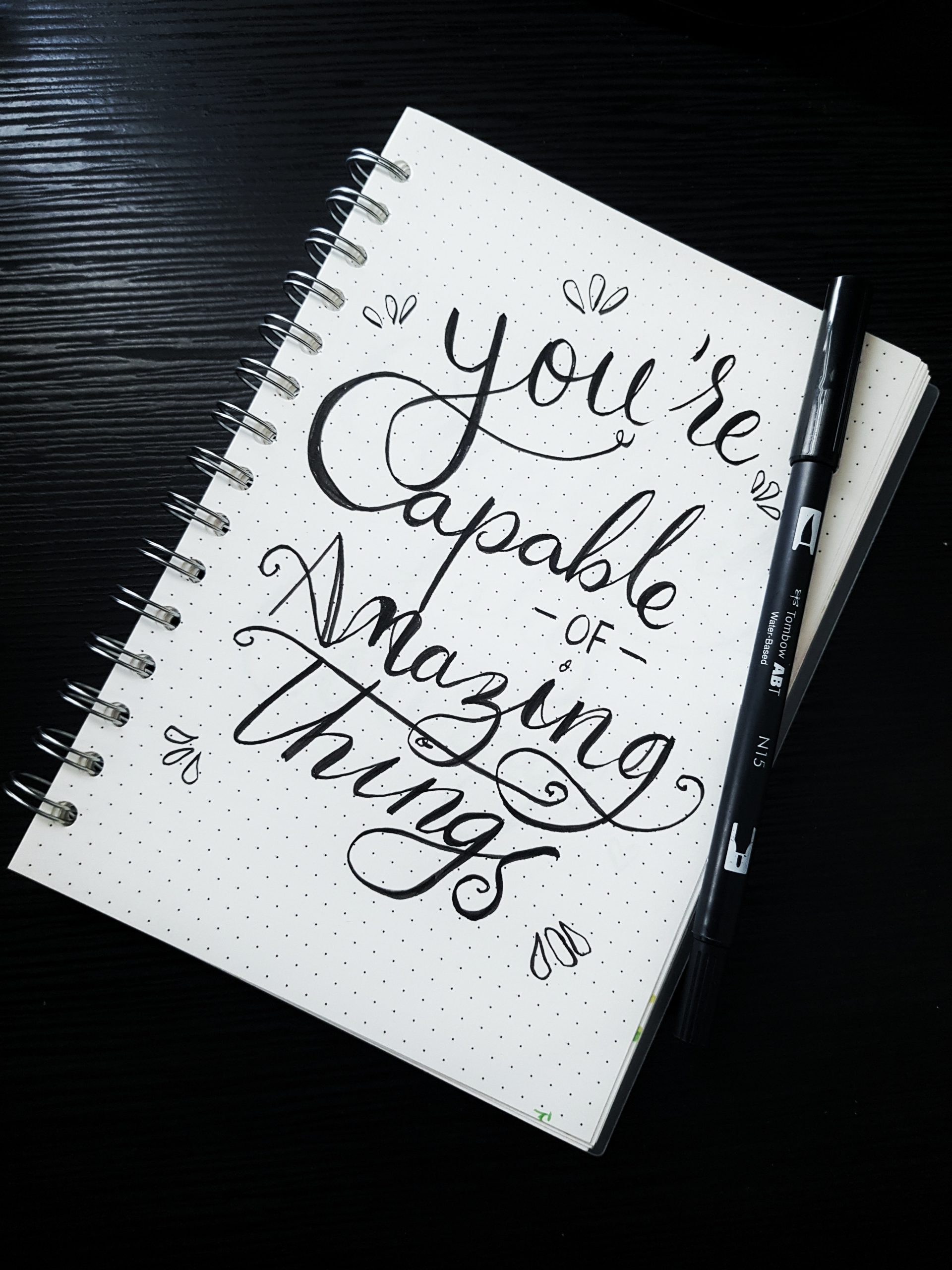
Building Confidence
November 3, 2020 7:33 pmConfidence is a belief in oneself, the conviction that one has the ability to meet life’s challenges and to succeed and the willingness to act accordingly. Being confident requires a realistic sense of one’s capabilities and feeling secure in that knowledge.
Projecting confidence helps people gain credibility, make a strong first impression, deal with pressure, and tackle personal and professional challenges. It’s also an attractive trait, as confidence helps put others at ease.
So how can we build confidence????
Confidence is not an innate, fixed characteristic. It’s an ability that can be acquired and improved over time. Social confidence can be developed by practicing in social settings. Individuals can observe the structure and flow of any conversation before jumping in, and they can prepare questions or topics to discuss ahead of time.
Anxiety can take hold when people are plagued by self-doubt, so putting themselves in and getting accustomed to the specific situation they fear can assure people that nothing truly bad will happen. And the activity gets easier with practice. Outside of a social context, one can gain a sense of confidence from personal and professional accomplishments. Continuing to set and meet goals can enable the belief that one is competent and capable.
How you can improve your confidence on a daily basis
Being confident means knowing that you can handle the emotional outcome of whatever you’ll face. Begin by acknowledging every emotion, including difficult emotions, rather than avoiding them. Speaking up for yourself, limiting self-criticism, and other strategies can help build emotional strength and confidence.
How you can build confidence in a specific domain
Confidence is not all-encompassing: You can have high confidence in some areas and low confidence in others. In whatever new domain you choose, hone your skills and develop self-efficacy by watching others, practicing yourself, and taking advice from the experts. Due to the recent pandemic, we are living in uncertain times and many people are having to consider a career change. Channeling your inner confidence has never been more important than now.
Overconfidence and Underconfidence
A realistic appraisal of one’s abilities enables people to strike a healthy balance between too little and too much confidence. Too little confidence can prevent people from taking risks and seizing opportunities in school, at work, or in their social life. Too much confidence can come off as cockiness, arrogance, or narcissism. Overestimating one’s abilities might also lead to problems such as failing to complete projects on time. Finding your healthy balance of confidence is crucial.
How you can build confidence for a job interview
It’s normal to feel nervous or insecure when being evaluated by others, especially in a high-stakes situation. Doing research ahead of time and demonstrating conscientiousness, reflecting on your faults so you can share how you’ve learned from them, and being warm, complimentary, and self-assured will build the foundation of a successful interview.
The costs of being underconfident
Under-confidence can lead people to shy away from new opportunities such as a career shift or new romantic relationship due to the fear of failure or embarrassment. Reflecting on which opportunities are viable and the range of possible outcomes can make sure that under-confidence doesn’t prevent people from achieving success.
The difference between confidence and narcissism
Narcissism can be due to insecurities and defence mechanisms, while confidence comes from self-awareness and the ability to tolerate and reflect on one’s insecurities. Confidence instills a personal sense of being capable and competent, while narcissism encompasses a sense of superiority over others.
Confidence derives from the Latin fidere, “to trust.” To be confident is to trust and have faith in the world. To be self-confident is to trust and have faith in oneself, and, in particular, in one’s ability to engage successfully or at least adequately with the world. A self-confident person is able to act on opportunities, take on new challenges, rise to difficult situations, engage with constructive criticism, and shoulder responsibility if and when things go wrong.
I look forward to sharing my knowledge on this subject with you.
Francine x
Categorised in: Latest News


